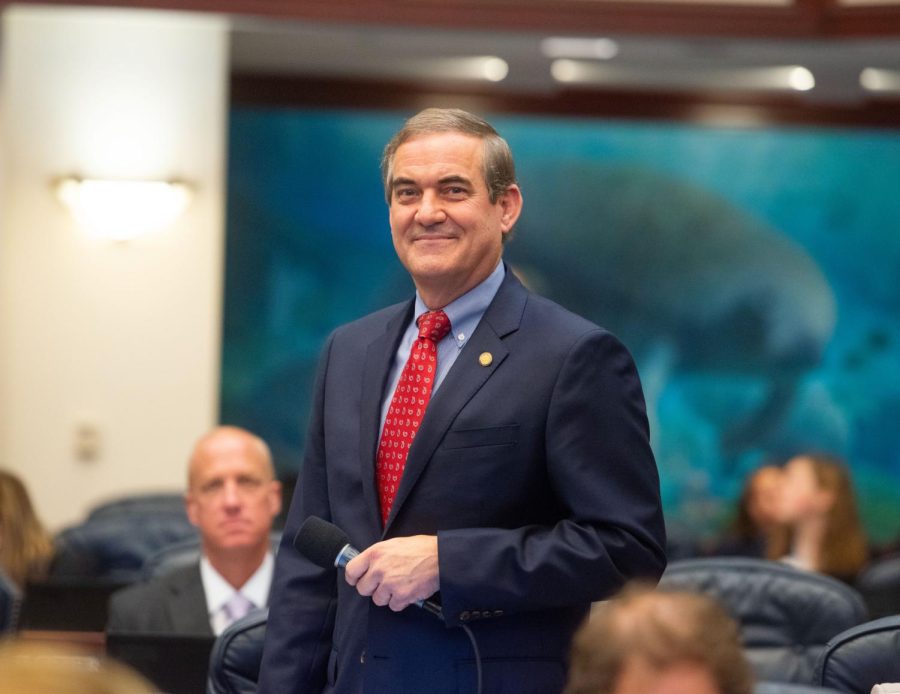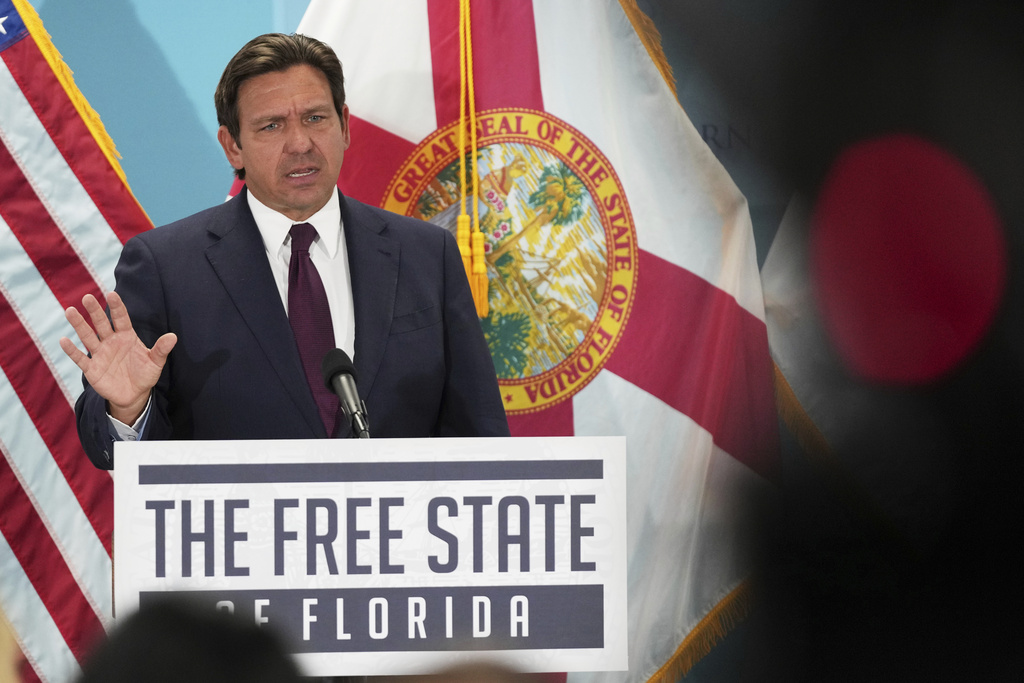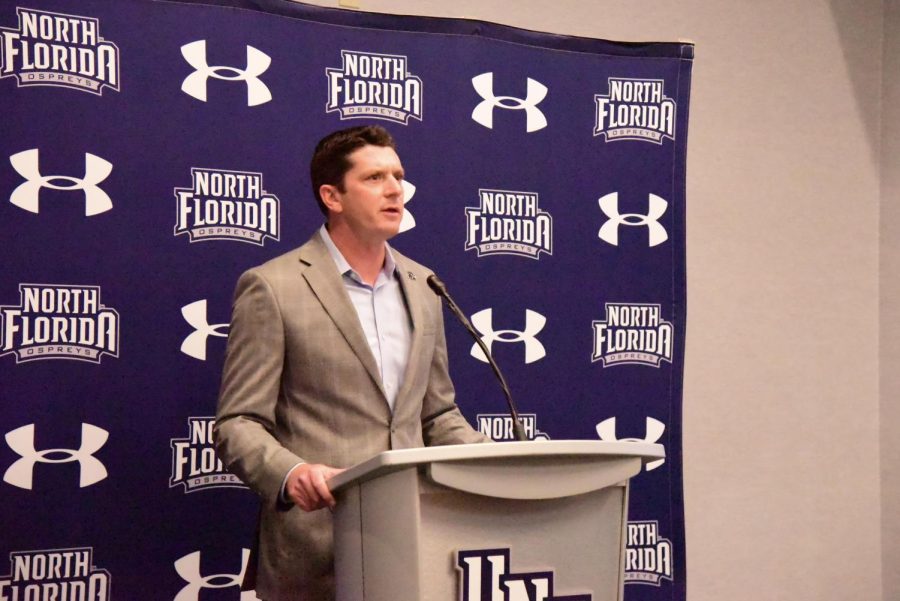Florida’s infamous “Don’t Say Gay” bill is in the process of being expanded into HB 1069 to include prekindergarten to eighth grade in its restrictions, among other changes. The current version of the bill prohibits discussion of sexual orientation and gender identity in grades K-3.
Passed last year, the original bill included language to reduce those conversations in kindergarten through third grade classrooms on the basis of parental rights.
Officially called the Parental Rights in Education law, it requires schools to notify parents “if there is a change in their student’s services or monitoring related to a student’s mental, emotional, or physical health or well-being,” according to its language.

The expanded version of the bill, now called HB 1069, expands those same restrictions to prekindergarten to eighth grade levels.
In grades 9-12, the instruction of such topics must be deemed age appropriate in accordance with state standards, if passed. This ruling would also apply to charter schools.
The bill also prohibits students and employees alike in K-12 public schools from providing any pronoun that doesn’t correspond with their assigned “sex” at birth.
“Sex” is defined as, “the classification of a person as either female or male based on the organization of the body of such person for a specific reproductive role, as indicated by the person’s sex chromosomes, naturally occurring sex hormones, and internal and external genitalia present at birth,” according to the current version of HB 1069.
The bill continues along the lines of the original “Don’t Say Gay” bill with an emphasis on parental rights. It says that parents have the responsibility of making decisions in the upbringing of their children, and public schools may not interfere with those decisions.
After months of debate over what books are allowed in the classroom, HB 1069 also includes language outlining what instructional materials are approved.
Under the bill’s current language, parents or residents of the county have the ability to object to different books provided in public school libraries.
“Each district school board must adopt a policy regarding an objection by a parent or a resident of the county to the use of a specific material,” the bill said, “which clearly describes a process to handle all objections and provides for resolution.”
Now, the bill is headed to the Senate and has been referred to the Fiscal Policy committee for further review.
___
For more information or news tips, or if you see an error in this story or have any compliments or concerns, contact editor@unfspinnaker.com.














